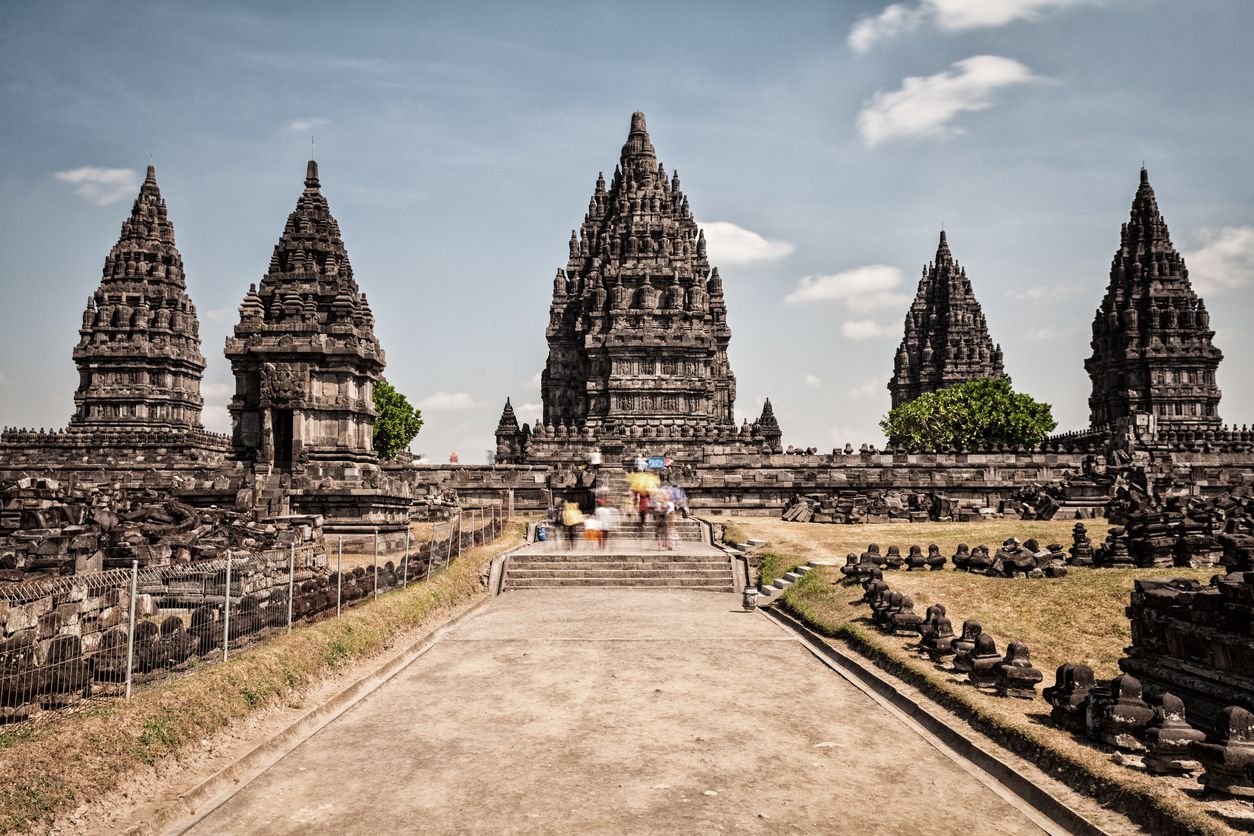Yogyakarta, a city steeped in cultural richness and historical significance, is a treasure trove for those seeking an authentic Indonesian experience. Amidst its myriad attractions, the traditional markets of Yogyakarta stand out as vibrant hubs that not only showcase the region’s diverse produce but also reflect the heart and soul of its people. In this article, we delve into the mesmerizing world of java island tour Yogyakarta’s traditional markets, exploring their unique charm, historical significance, and the cultural tapestry they contribute to this enchanting city.
- Pasar Beringharjo: The Pulsating Heart of Yogyakarta
At the heart of Yogyakarta lies Pasar Beringharjo, a market that has stood the test of time since its establishment in 1758. Named after the two districts it connects, Bering and Harjo, this market pulsates with life and colors, offering a kaleidoscope of goods that range from traditional batik textiles to aromatic spices. Navigating through its narrow alleys, visitors are greeted by the rhythmic sounds of bargaining, the fragrance of local herbs, and the vibrant hues of meticulously crafted batik patterns. Pasar Beringharjo isn’t merely a marketplace; it’s a living testament to the city’s rich cultural heritage.
- Malioboro Street Market: Where Tradition Meets Trend
Adjacent to Pasar Beringharjo is Malioboro Street, a bustling avenue that transforms into a vibrant market as the sun sets. Malioboro Street Market seamlessly blends tradition with modernity, offering a mix of traditional handicrafts and contemporary fashion. Strolling along this iconic street, visitors encounter street performers, food vendors offering local delicacies, and shops adorned with intricately designed Javanese artifacts. The market’s dynamic atmosphere reflects the city’s ability to embrace its heritage while keeping pace with the evolving tastes of a globalized world.
- Pasar Kranggan: A Culinary Haven
For those with a penchant for culinary exploration, Pasar Kranggan emerges as a gastronomic haven in Yogyakarta. Located in the heart of the city, this market is a paradise for food enthusiasts, showcasing a myriad of local delicacies and flavors. From traditional Javanese sweets like “gethuk” and “cenil” to savory delights such as “nasi gudeg” and “sate klatak,” Pasar Kranggan offers an authentic taste of Yogyakarta’s culinary landscape. The market’s open-air setup allows visitors to savor the aroma of spices, grilled meats, and steaming rice, creating an immersive culinary experience.
- Pasar Ngasem: The Bird Market’s Chirpy Charisma
Stepping into Pasar Ngasem, also known as the Bird Market, transports visitors to a unique realm where chirps and tweets create a symphony. Established in the 18th century, this market is a testament to the Javanese fascination with birds. From vibrant songbirds to majestic parrots, Pasar Ngasem is a captivating showcase of avian diversity. Beyond feathered friends, the market also offers an array of exotic pets, ornate cages, and traditional herbal remedies. Pasar Ngasem provides a glimpse into the deep-rooted connection between the people of Yogyakarta and their appreciation for nature’s wonders.
- Pasar Gede: A Cultural Crossroads
Pasar Gede, situated in the heart of Solo, is a traditional market that reflects the cultural crossroads of Yogyakarta. Also known as Pasar Gede Solo, this market is celebrated for its architectural grandeur and diverse array of goods. From handcrafted Javanese batik to fresh produce and spices, Pasar Gede offers a sensory overload for visitors. The market’s layout is a blend of traditional market stalls and modern shopping experiences, making it a microcosm of Yogyakarta’s ability to embrace both its past and future.
- The Artisan’s Corner: Pasar Seni Gabusan
Nestled away from the city’s bustling core, Pasar Seni Gabusan is a hidden gem that caters to art enthusiasts. This market, often referred to as the Artisan’s Corner, showcases the skills of local craftsmen and artists. From traditional wayang kulit (shadow puppets) to contemporary paintings, Pasar Seni Gabusan is a haven for those seeking unique and authentic artworks. The market provides a platform for local artisans to showcase their talents and preserves traditional artistic practices in the face of modernization.
Conclusion
Yogyakarta’s traditional markets are not merely places of commerce; they are living testaments to the city’s cultural heritage, historical significance, and the resilient spirit of its people. Pasar Beringharjo, Malioboro Street Market, Pasar Kranggan, Pasar Ngasem, Pasar Gede, and Pasar Seni Gabusan collectively weave a tapestry that reflects the diversity and vibrancy of Yogyakarta Tour.
These market marvels serve as more than just shopping destinations; they are immersive experiences that allow visitors to connect with the city’s soul, fostering an appreciation for its rich traditions and dynamic evolution. As Yogyakarta continues to captivate the hearts of travelers, its traditional markets stand tall as living monuments to the enduring allure of Javanese culture.
